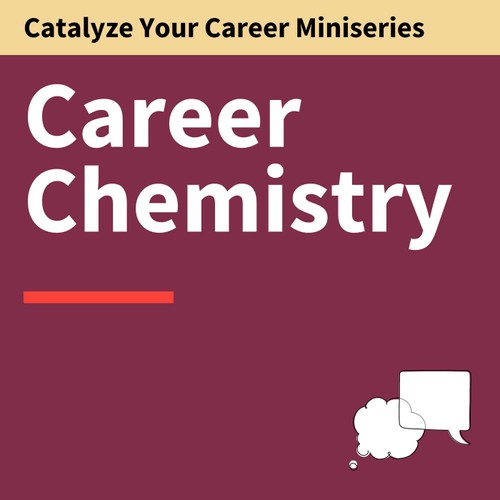
 Think Fast Talk Smart: Communication Techniques
Think Fast Talk Smart: Communication Techniques 187. Experimenting, Failing, and Finding Your Job Fit - Catalyze Your Career
315 snips
Feb 20, 2025 Dorie Clark, a bestselling author and career strategist, challenges the traditional view of career paths, advocating for a mindset of experimentation. She emphasizes the importance of adaptability in career planning and suggests using informational interviews and LinkedIn strategies as essential tools for exploration. Clark discusses how personal branding can enhance career shifts and the role of mentorship in professional growth. She also highlights the value of being open to unexpected opportunities, asserting that reinvention should be a continuous habit.
AI Snips
Chapters
Books
Transcript
Episode notes
Long-Term Vision as Hypothesis
- Create a long-term career vision, but treat it as a provisional hypothesis.
- Stay open to unexpected opportunities and roadblocks, adapting your path as needed.
Testing Career Hypotheses
- Test career hypotheses by identifying potential downsides early on.
- Conduct informational interviews and seek small-scale experiments like internships or projects.
Periodic Proactive Career Management
- Proactively manage your career by periodically, not constantly, evaluating your trajectory.
- Regularly assess your current activities and their likely outcomes, adjusting course as needed.






